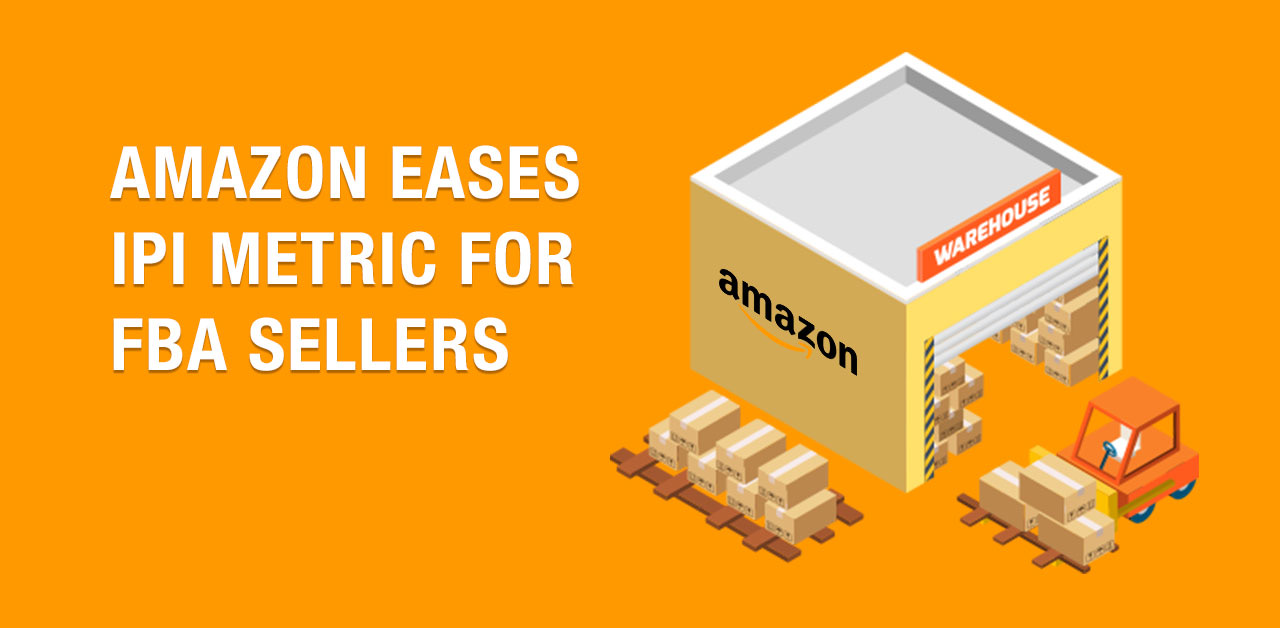The majority of FBA sellers will get a higher IPI score
Amazon is making it slightly easier for sellers who use its FBA fulfillment service by easing standards for the Inventory Performance Index (IPI)
Amazon announced: “As of January 20, 2020, your Inventory Performance Index (IPI) score considers both your recent and long-term inventory performance. Your IPI is now based on the time duration that results in a higher score.” (The higher the better for sellers.)
The company explained that the majority of FBA sellers would see a higher IPI score or no change at all:
“Previously, your IPI score was based only on recent inventory performance. The calculation change benefits sellers with lower sales volume in their off-peak season as well as sellers taking action to improve their inventory performance.”
This move comes after Amazon imposed stricter storage limits on sellers in January, changing the IPI threshold for storage limits to 400 (previously 350), reports EcommerceBytes.
One frustration sellers have cited about the metric is that Amazon does not disclose the formula it uses to calculate their IPI, only explaining in general terms: “We calculate IPI for you based on how well you maintain inventory levels, fix listing problems that make your inventory unavailable for purchase, and keep popular products in stock.”
More Amazon news

How can New Year holidays in the US and Canada affect cargo delivery dates
Customs and shipping companies working schedule during the New Year Important information for more accurate forecasting of cargo processing speed in the US and Canada during the New Year holidays. Please note that Customs and shipping companies will not work during...

Major shutdowns in China due to new COVID outbreaks
Multiple companies in Zhejiang province have suspended operations due to COVID-19 outbreak, halting production of goods from batteries and clothing to textile dyes and plastics. Zhejiang is one of China's biggest and busiest manufacturing hubs. The local government...

Amazon is using sellers as a cash cow
Amazon collects a third of seller revenue A new study claims that Amazon makes far more from fees on its Marketplace platform than even the cash cow known as AWS, reports TechCrunch. According to the report by the Institute for Local Self-Reliance, sellers now give...


